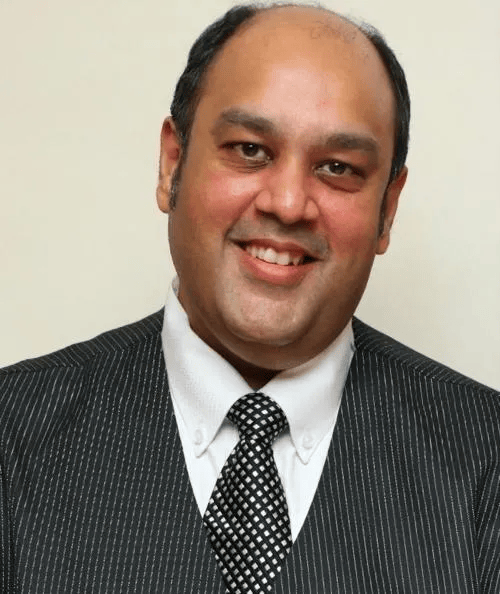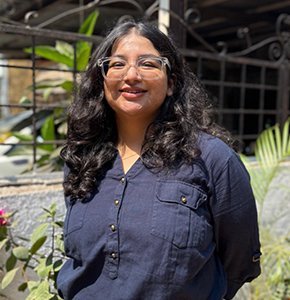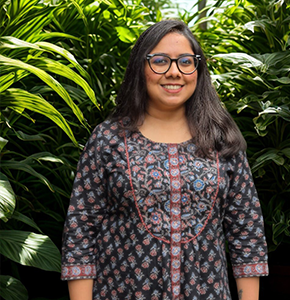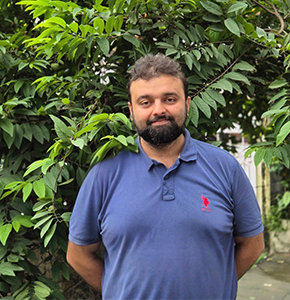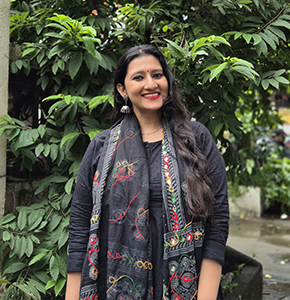
Have you ever felt uneasy or worried before a first date or public speech, this might just classify as shyness or nervousness. There are some who may experience severe feelings brought on by these circumstances, including a racing heart, continuous anxiety, and an overpowering feeling of unease. This elevated emotional reaction is commonly known as social anxiety, marked by an overwhelming fear of being scrutinized or judged in social settings. However, what people nowadays do not realize is that Social Anxiety is much more than shyness and nervousness. As you read the blog further, you will learn about Social Anxiety Disorder symptoms, treatments, and more.
Indian epidemiological studies report that generalized anxiety prevalence is estimated to be around 6.8 million of the Indian population.
What is Social Anxiety?
A type of anxiety disorder, formerly known as Social Phobia, is a feeling of intense, excessive, and overwhelming anxiety in everyday social situations. A person with Social Anxiety is constantly self-conscious and has a persistent belief that the people around them are judging, watching, or speaking about them. Due to this fear of humiliation and embarrassment, the person starts avoiding social situations, even those important for personal, physical, social, and occupational growth.
Some examples of an individual with Social Anxiety include:
- A teenager who skips school or work because they fear what their classmates/colleagues may think of them.
- Avoid making plans with friends and family that include going to a restaurant or club.
- The individual may not show up for a job interview due to the fear of what the interviewers think or how they will speak in front of people.
- Feeling anxious while eating outside or raising a hand in class to ask the teacher a question.
What are the symptoms of Social Anxiety Disorder?
- Rapid Heartbeat
- Sweating
- Feeling Blank Avoiding eye contact
- Not participating in school or work events
- Inability to start or hold conversations
- Expecting the worst and negative consequences of a social event
Social Anxiety Disorder Treatment
As discussed above, Social Anxiety can look different for everyone, as the triggering events and symptoms experienced can vary from person to person. Since there are several treatment options for Social Anxiety, it is best to consult a mental health professional first. The psychologist will first evaluate your symptoms and then draw a treatment plan according to your results. Let’s move on to the types of treatment available for Social Anxiety Disorder.
Social Anxiety Disorder Therapies
Therapy has been proven to be one of the most effective treatment options for individuals with Social Anxiety Disorder. Therapy allows the client to notice and alter the negative thoughts into positive ones, which further helps the client to change their perspective about a social situation. Additionally, clients also learn and develop skills that help maintain confidence, self-compassion, and self-esteem in social situations.
There are several Psychotherapies that have proved to be helpful in Social Anxiety. However, Cognitive Behaviour Therapy (CBT) is the most used and effective one. CBT is used widely in both individual and group therapies, where the clients gain insight into how their beliefs, attitudes, and thoughts are affecting their actions and feelings. Another important method in CBT includes Exposure Therapy. This type of therapy solely focuses on helping the client confront the events/objects that they fear.
Clients who experience intense and excessive Social Anxiety, which makes it hard to function and may hamper their day to day functioning in such cases medications can be prescribed. Usually, Mental Health Professionals prescribe medications to clients who experience persistent social Anxiety.
Conclusion
Social Anxiety is very different from being shy, and it is important to understand how it is taking a toll on your mental and physical health. It is advised to consult a Mental Health Professional if you or anyone you know is experiencing the symptoms above when asked to participate in a social setting. Taking medicines alone will not help in the long term, as the changes in beliefs, thoughts, and attitude is an essential practice to learn in therapy.
If you are feeling confused and want to consult a mental health expert for Social Anxiety, then reach out now. Remember, it is never too late to seek help and get better.
FAQs
Q.What is the best treatment for social anxiety disorder?
A. There are several treatment options available for Social Anxiety Disorder. The treatment plan is formulated after evaluating the client’s symptoms, triggers, and intensity. Therefore, treatment options may differ from person to person.
Q. Which one is the most effective therapy for Social Anxiety Disorder?
A. According to research, CBT has proven to be one of the most useful therapies for Social Anxiety Disorders. In this approach, clients learn to recognize and alter their negative thoughts about an anxiety-inducing situation.
Q. Is it possible to treat Social Anxiety Disorder effectively?
A. Yes. With the help of appropriate medication, psychotherapy, and support, a client can overcome their Social Anxiety Disorder. However, the treatment may take time, as per the client’s condition.
Q. Can Social Anxiety go away by itself?
A. Individuals who recognize their symptoms at an early stage and work on their fears may cope with their Anxiety themselves. Some mindful practices like Yoga, Breathing Exercises, Journaling, and more have proven to be effective self-help measures.


